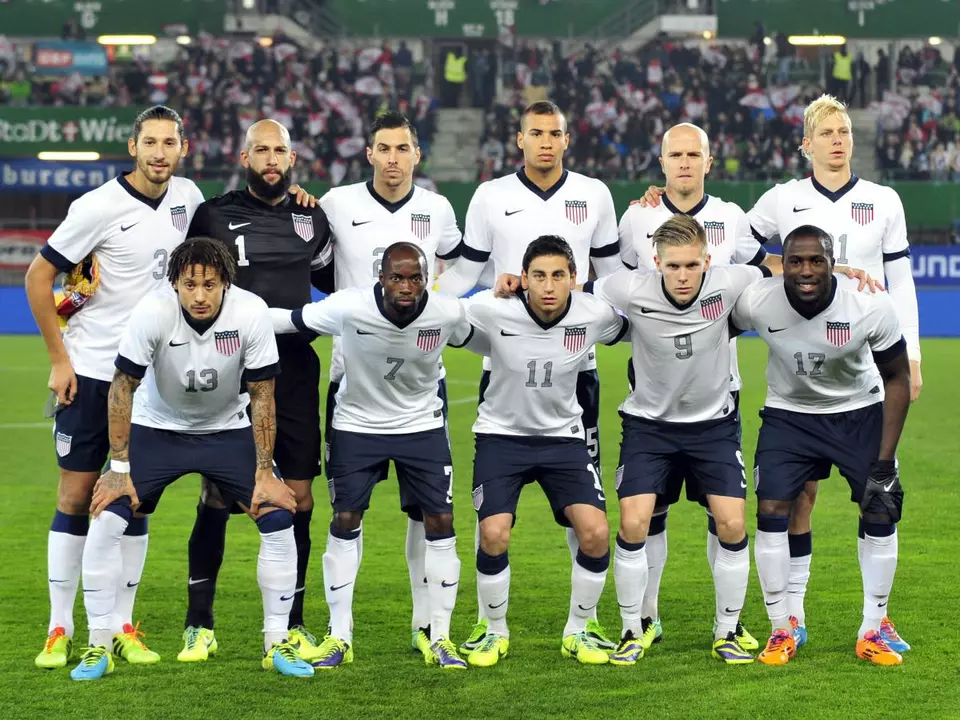Perceptions: How Fans, Media, and Players See the Game
Ever wonder why two people can watch the same match and walk away with totally different stories? It’s all about perception. In soccer, what you notice, what you talk about, and how you react can change the whole picture. Below we break down why perception matters and give real examples from our own articles.
Why perception matters in soccer
First off, perception drives conversation. When a player scores a brilliant goal, fans cheer and media rave. When the same player misses a simple chance, the talk turns to criticism. That shift can affect a player’s confidence, a coach’s choices, and even ticket sales. Think about the "mental training" piece (post 19197) – it tells readers that how you picture success in your head can boost real performance. The article shows that visualizing a perfect pass isn’t just a feel‑good tip; it’s a practical tool that changes a player’s perception of the game.
Perception also fuels controversy. Remember the "Booing Bruno Tonioli" story (post 32771)? The audience’s reaction seemed odd, but the write‑up points out that live‑TV expectations shape what viewers think is appropriate. The same pattern shows up in politics: the Angela Rayner resignation (post 54221) illustrates how a ethics probe can shift public perception from a trusted leader to a scandal‑mired figure, even when the report says she acted in good faith.
Changing views across topics
Soccer isn’t the only arena where perception flips. Our "Is the USA national team good?" article (post 31294) plays with the idea that one season can make fans call the team brilliant, while the next can spark doubt. The writer mixes humor with fact, showing how quickly opinions swing based on a single result.
Even the business side feels the impact. The "Cost to buy an MLS team" post (post 19843) reveals that investors’ perception of league growth drives huge price tags. If fans think the league will explode, the money follows.
On the grassroots level, the "Girl’s middle school soccer team" article (post 26483) explains how perception of difficulty can discourage or encourage kids. Coaches who talk about effort and fun change the team’s vibe, making it easier for newcomers to join.
Finally, look at the forward‑looking pieces about future events. The "Who can win the FIFA World Cup 2022?" (post 30126) shows how pundits’ predictions shape fan excitement and betting markets. Different countries get different hype, and that hype fuels the tournament’s drama.
Bottom line: perception isn’t just a feeling; it’s a powerful force that moves conversations, decisions, and even money in soccer and beyond. By noticing how viewpoints shift, you can read news smarter, support your team more wisely, and maybe even improve your own game mindset.
What do Americans think of their national soccer team?
As an avid soccer fan, I've noticed that Americans have quite mixed opinions about our national soccer team. Some are incredibly passionate and supportive, while others feel that soccer isn't a priority in comparison to other sports. However, there is no denying that the popularity of soccer is growing, especially with younger generations. The success of the US Women's National Team has definitely boosted interest and pride in the sport. Overall, I believe that as soccer continues to gain traction in the US, the national team will garner more support and appreciation from the American public.
